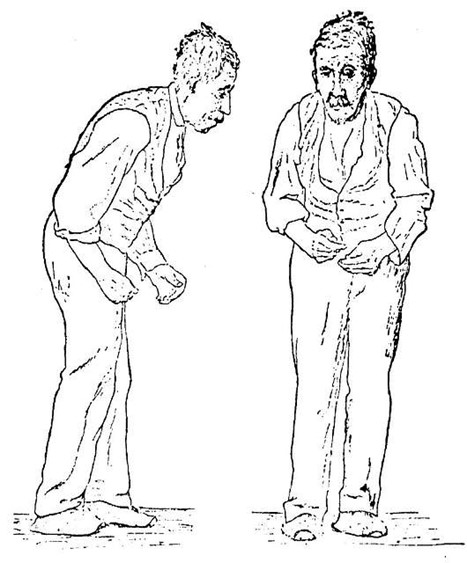From Seed to Heart: Gluten-Free Grains Unraveling Cardiovascular Wellness
In the realm of nutrition, the quest for heart-healthy foods is unending. One often overlooked treasure in this pursuit is a gluten-free grain that not only caters to those with gluten sensitivities but also brings a plethora of benefits to heart health. Join us on a journey to discover the incredible potential of this gluten-free grain and how it can become a delicious and nutritious staple in your heart-healthy diet.
Understanding Gluten-Free Grains:
Gluten-free grains have gained significant popularity in recent years, and for good reason. Many individuals choose to go gluten-free due to celiac disease or gluten sensitivity. While it’s crucial to accommodate these dietary needs, it’s equally important to recognize the broader health benefits that come with incorporating gluten-free grains into your meals.
The Heart-Healthy Champion: Quinoa
Meet quinoa – the unsung hero in the world of gluten-free grains. Quinoa has been a staple in South American diets for centuries, praised for its nutritional richness and versatility in the kitchen. What sets quinoa apart is its exceptional nutritional profile, offering a host of benefits that contribute to heart health.
- Rich in Nutrients: Quinoa is a complete protein, meaning it contains all nine essential amino acids that our bodies can’t produce on their own. Additionally, it’s a good source of:
- fiber
- magnesium
- iron
- potassium
– essential nutrients for overall heart health.
- Heart-Friendly Fats: Quinoa contains heart-healthy monounsaturated and polyunsaturated fats. These fats have been linked to lower levels of bad cholesterol (LDL) and higher levels of good cholesterol (HDL), reducing the risk of heart disease.
- Magnesium Magic: Magnesium plays a crucial role in maintaining a healthy heart, as it helps regulate blood pressure and support proper muscle function. Quinoa is a magnesium powerhouse, offering a substantial amount in every serving.
- Antioxidant Armor: Quinoa is packed with antioxidants, such as quercetin and kaempferol, which help combat oxidative stress and inflammation – key contributors to heart disease.
Incorporating Quinoa into Your Heart-Healthy Diet:
Now that you’re acquainted with the heart-boosting benefits of quinoa, it’s time to explore delicious ways to incorporate this gluten-free grain into your meals.
- Quinoa Bowls: Create a heart-healthy bowl by combining cooked quinoa with a variety of colorful vegetables, lean proteins, and a drizzle of olive oil.
- Quinoa Salads: Make a refreshing salad with quinoa, fresh herbs, cherry tomatoes, cucumbers, and a light vinaigrette. This makes for a nutritious and satisfying meal.
- Quinoa Breakfast Porridge: Start your day right with a warm bowl of quinoa cooked with your favorite plant-based milk, topped with berries and nuts for added heart-boosting goodness.
To learn more, check out this summary from Very Well Health.
As we journey through the vast landscape of heart-healthy foods, quinoa emerges as a gluten-free grain with unparalleled nutritional benefits. Its status as a complete protein, rich nutrient profile, and heart-friendly properties make it a valuable addition to any balanced diet. So, embrace the versatility of quinoa in your kitchen and savor the delicious path to heart health. Your heart will thank you for it!
Are you interested in enhancing your daily diet with Omega-3 fatty acids? Look no further than Asher Longevity Institute’s Marine Fish Oil supplement. Omega-3 fatty acids can help reduce the risk of heart disease by reducing triglyceride levels and potentially lowering cholesterol.




